'Seen in the context of world turmoil in face of the pandemic and the Chinese 'miracle' of being the only country in the world to control it, this is not merely a 'Sputnik' moment, but a 'Sputnik Plus' moment,' argues Colonel Anil A Athale (retd).
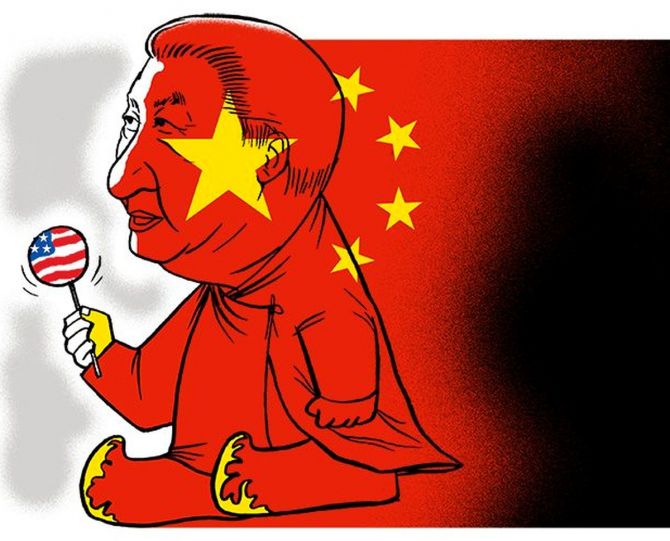
To jog the reader's memory, the erstwhile Soviet Union launched earth's first-ever artificial satellite Sputnik I on October 4, 1957.
The launch signified Russian advance in intercontinental ballistic missile and jolted the US.
It is widely regarded as the start point of the Space Race between the US and the Soviet Union.
The event provoked panic in the US as it was seen as evidence that the Soviet Union was forging ahead of the US in military technology.
On April 29, 2021, China launched the first section of its own space station, Tiangong or 'Heavenly Palace'.
It is indeed much smaller than the International Space Station, which is a collaborative effort of the US, Russia, Japan and other countries (that notably excludes China).
In an even more significant achievement, on May 15, 2021, China landed a rover on planet Mars, only the second country to do so after the US.
Cumulatively, these two events show that China is fast catching up with the US in the field of space technology.
Seen in the context of world turmoil in face of the pandemic and the Chinese 'miracle' of being the only country in the world to control it, this is not merely a 'Sputnik' moment, but a 'Sputnik Plus' moment! The plus being China's double-digit economic growth while the rest of the world faces recession.
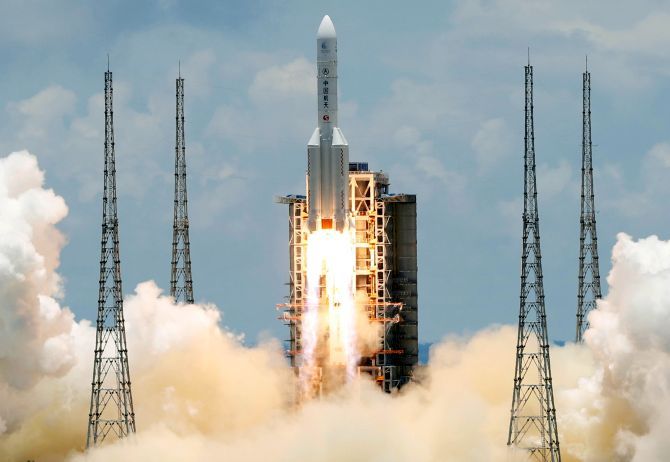
Throughout the Cold War between the US and the Soviet Union from 1946 to 1992, the later were never a complete superpower.
The US and Soviet Union were equal only in the field of military technology while the Soviet Union was nowhere near the US in economic power.
It is economic weakness that ultimately led to the dissolution of the Soviet Union.
In contrast, in 2021, China is an economic powerhouse and is fast catching up with the US and the West in technology that has military implications.
The events of May 2021 are a bigger wake-up call for the 'Free World' than the Sputnik moment of 1957 was.
The story of China's rise is a complicated mix of US hubris, Western corporates greed and frozen geopolitical thinking in the US.
Historically speaking, the rise of China from a poor developing country to an economic powerhouse and technological giant began in March 1969 when Soviet and Chinese troops clashed over disputed Damansky island in the Ussuri river in the Russian Far East.
Recently declassified CIA documents show that this convinced the US that it could use the 'China card' against the Soviet Union, then considered the main threat to US security.
Prolonged parlays between China and the US followed this incident resulting in American President Richard M Nixon's visit to China in February 1972. The Sino-American quasi alliance came into existence that lasted well into the 21st century.
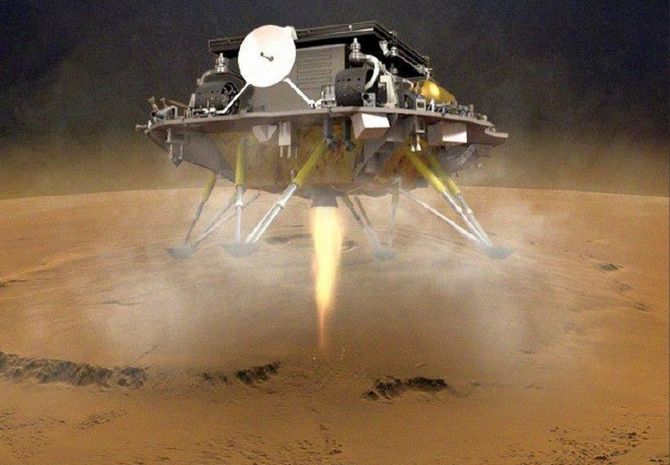
After Mao Zedong's death in 1976, Deng Xiaoping became the supreme leader of China. Deng abandoned statist Chinese Communist policies and embraced the Western capitalist model.
China opened its doors to Western capital and provided cheap land, labour and unrestricted freedom to establish industries.
With no labour unions, no minimum wages or environmental regulations, industries flocked to China to establish new plants and even shift their old ones from their mother country to China.
There was a virtual stampede by Western multinationals to invest in China for super-profits.
The political executive in the US still regarded the Soviet Union as the primary threat and turned a blind eye to America's emerging over-reliance on China.
In 1992, the Soviet Union collapsed and the Russian empire disintegrated.
NATO and Europe saw this as an opportunity to expand Eastwards at the cost of Russia. This was a return to the pre-World War I scenario.
Russian defensive actions were construed as 'aggression' and all manner of economic curbs were placed on Russia. This forced Russia directly into a reluctant Chinese embrace.
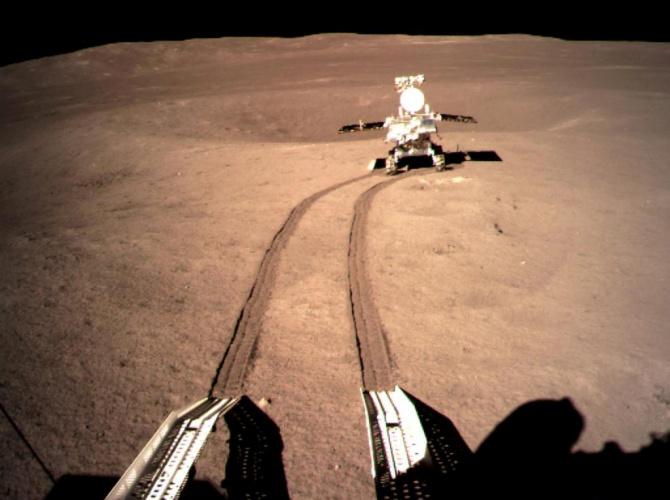
At the dawn of the 21st century, it became increasingly clear that China was becoming increasingly assertive, but various think-tanks (supported by multinationals) continued to churn out bogus theory of the 'Peaceful Rise' of China.
The bottom line was that international capital that made mega-profits from their Chinese investments were reluctant to let go.
Massive Chinese investments in military modernisation and built up were ignored or underplayed.
Interestingly, in 1945, as World War II came to an end, the US and Soviet Union were still allies.
Yet statesmen of that time clearly saw future conflict and began to prepare to contain the Soviet Union within a year of the end of WWII.
In the 1990s, as the Cold War ended, to perceptive analysts it was clear that a 'revanchist' China could pose a threat in the future.
But sadly for the world, instead of Churchill or Truman, the West had lightweights like Bill Clinton and Tony Blair.
The free world's response to the looming threat of world domination by China is further handicapped by disarray in the US.
The rising 'nativism' in the US and challenge to its pluralism would hamstrung any attempt at mounting a credible challenge to China.
A broad-based alliance based on the principle of mutual respect to freedom and territorial integrity is the need of the hour if the world is to confront a reincarnation of a 'Master Race' and revanchist ideologies that China presents.
★ Kindly note the image has only been posted for representational purposes.
Military historian Colonel Anil A Athale (retd) is a former Chhatrapati Shivaji Chair Fellow at the United Services Institute of India.
Feature Presentation: Rajesh Alva/Rediff.com

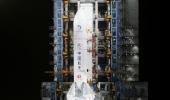
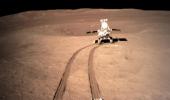
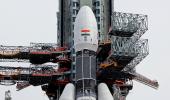







 © 2025 Rediff.com -
© 2025 Rediff.com -